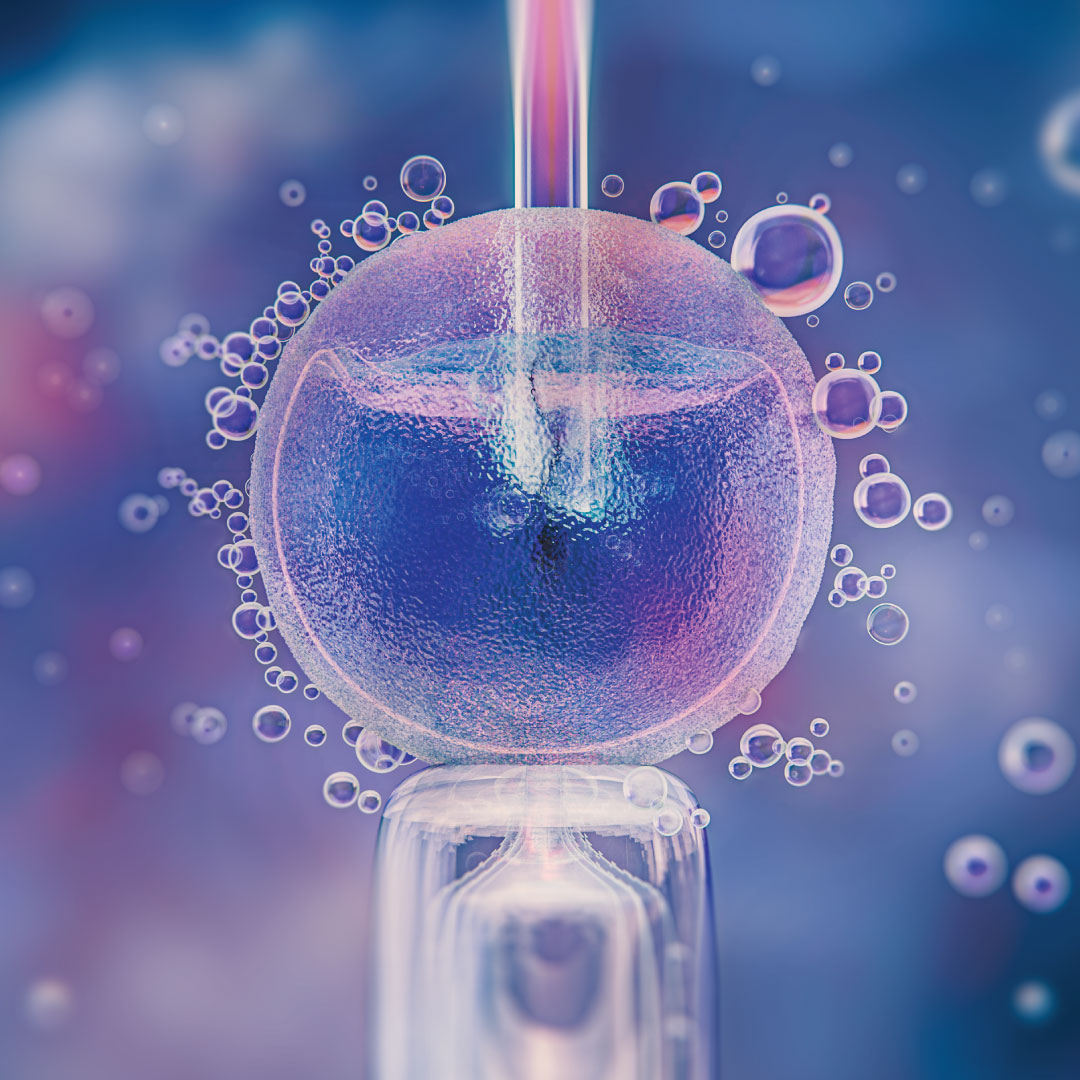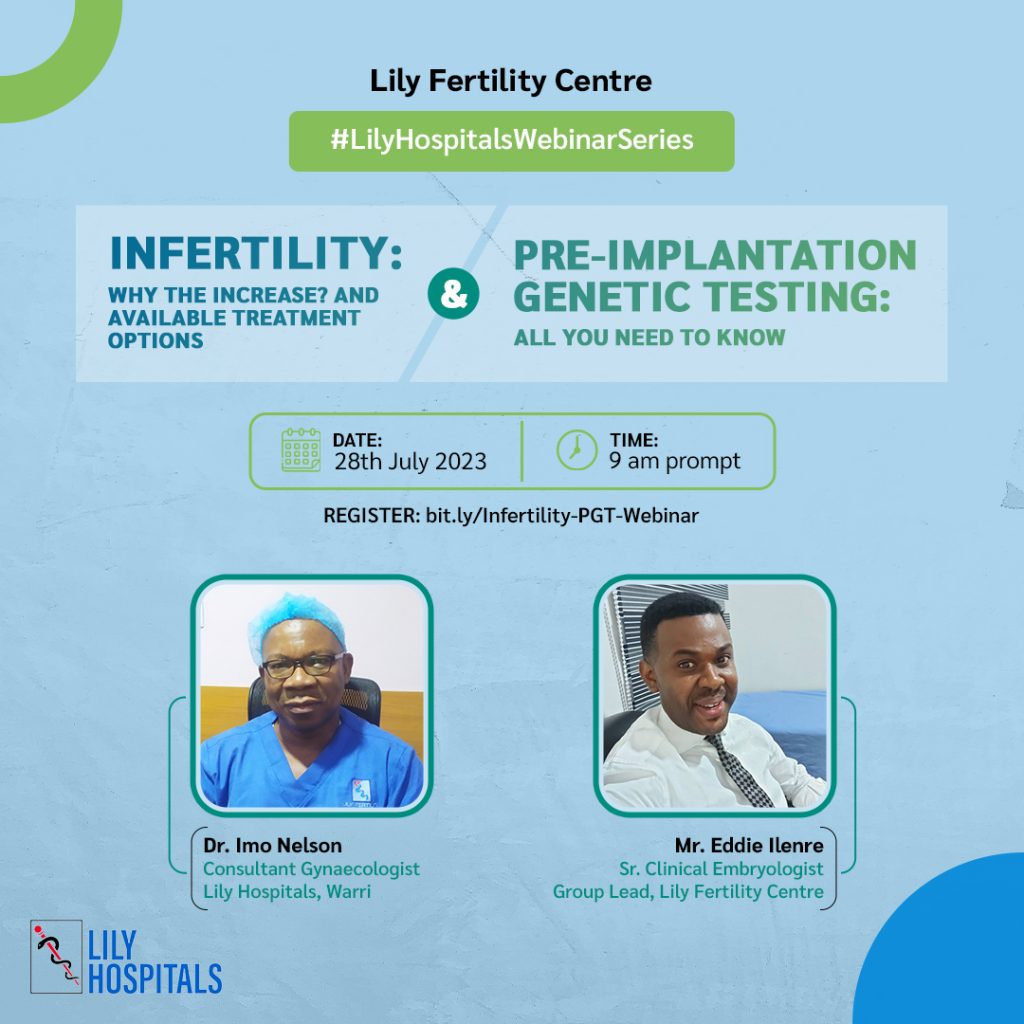
World IVF Day
July 25th marks World IVF Day, also known as World Embryologist Day, commemorating the birth of the first test tube baby, Louise Brown, in 1978 through in-vitro fertilisation (IVF). This revolutionary technique has brought hope and joy to millions of couples worldwide, resulting in over 8 million babies born through IVF.
Why World IVF Day?
The Day serves as a reminder of the groundbreaking advancements in fertility treatments, offering hope to those yearning for parenthood. It raises awareness about infertility challenges, encourages open conversations, and reduces the stigma around seeking fertility assistance.
Before IVF, couples faced limited options in overcoming infertility struggles. In 1978, Robert Edwards and Patrick Steptoe achieved a historic milestone by successfully helping a woman give birth to the world’s first test tube baby. To date, it remains one of the most effective and widely used assisted reproductive technologies.
Dr. Imo Nelson, a Consultant Gynecologist at Lily Hospitals, Warri, explains that IVF involves the collection of eggs from a woman’s ovaries, which are then fertilized with sperm in a laboratory dish to create embryos. These embryos are carefully placed back into the woman’s womb to grow into a baby.
IVF offers hope to couples dealing with blocked fallopian tubes, low sperm count, and other fertility issues. The process involves hormone medications to stimulate egg production, and the embryos are closely monitored for quality before being transferred.
Considering IVF as an option requires understanding the emotional and physical aspects of the journey. Consulting a fertility specialist can provide valuable guidance throughout this process.
Despite its growing popularity, numerous misconceptions have arisen, suggesting severe health problems and harmful impacts on the body. It is essential to dispel these myths surrounding assisted reproductive technology.
What is IVF
In vitro fertilisation (IVF) is one of several techniques available to help people with fertility problems have a baby. During the treatment process, an egg is removed from the woman’s ovaries and fertilised with sperm in a laboratory. The fertilised egg, called an embryo, is then returned to the woman’s womb to grow and develop.
Who is an Embryologist?
Embryologists are highly trained medical professionals responsible for managing genetic materials (sperm and eggs) as they develop into embryos. They ensure that the embryology laboratory provides an ideal environment for embryo growth and storage. Embryologists play a vital role in your child’s first stages during your fertility journey.
World Embryologist Day History and Milestone Achievements
- 1890’s: First reported case of embryo transplantation in rabbits.
- 1959: The first birth in a nonhuman mammal (a rabbit) resulting from IVF occurred.
- 1969: A human egg was successfully fertilized outside a woman’s body for the first time.
- 1973: First positive pregnancy after transferring an embryo into the uterus. Unfortunately, the pregnancy resulted in a miscarriage early on.
- 1978: First baby ever born through IVF. Louise Brown was born in Oldham, United Kingdom, on July 25th, 1978, due to the collaborative work of Sir Robert Edwards and Patrick Steptoe. Edwards received a Nobel Prize in 2010 for the development of IVF.
- 1981: First IVF baby born in the United States. Elizabeth Carr was born on December 28th, 1981, in Norfolk, Virginia, credited to the work of doctors Howard and Georgeanna Jones.
- 1983: First baby born using egg donation, achieved by the Monash IVF team in Australia. The first pregnancy established using a donor embryo was also achieved in 1983.
- 1984: The first baby born from cryopreserved embryos.
- 1990: Preimplantation Genetic Diagnosis (PGD) is successfully applied in human embryology for the first time.
- 1992: ICSI (Intracytoplasmic Sperm Injection) procedure is performed for the first time.
Some Infertility Myths and Facts
Myth: Infertility is always a woman’s issue.
Fact: Infertility can be caused by male factors, female factors, or a combination of both. It is essential for both partners to undergo fertility evaluations to identify potential causes and explore appropriate treatments.
Myth: Infertility is a rare condition.
Fact: Infertility is more common than often believed, affecting approximately 1 in 8 couples worldwide. It is a medical condition that can be addressed with the help of fertility specialists and assisted reproductive technologies.
Myth: Age doesn’t affect male fertility.
Fact: Advanced paternal age can impact male fertility. As men age, their sperm quality and quantity may decline, which can increase the time it takes to conceive and raise the risk of genetic abnormalities in offspring.
Myth: Stress causes infertility.
Fact: While stress can affect overall health, occasional stress is unlikely to cause infertility. However, managing stress through relaxation techniques may benefit overall well-being and potentially improve fertility outcomes.
Myth: Infertility treatment always involves IVF.
Fact: In many cases, infertility can be treated with less invasive and more affordable options, such as medication to stimulate ovulation or intrauterine insemination (IUI). So this is just one of several fertility treatments available, and the most suitable option depends on individual circumstances.
Join us in celebrating This Day, as we honor the hope, advancements, and possibilities that this form of ART has brought to countless families worldwide. Together, we can debunk misconceptions and foster understanding, making a difference in the lives of those yearning for the gift of parenthood.
At Lily Fertility Centre Warri and Benin, we have a whole lot lined up for the week you can attend our customer forum on Thursday 27th of July 2023 by 1o am at both of our locations or join our webinar on Infertility and Pre-implantation Genetic Testing on Friday 28th of July 2023.



